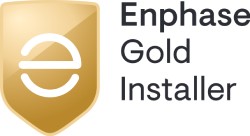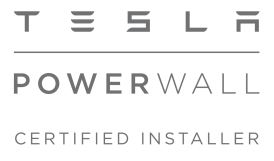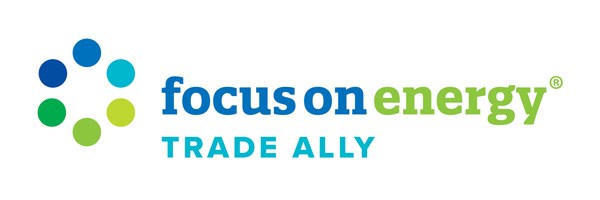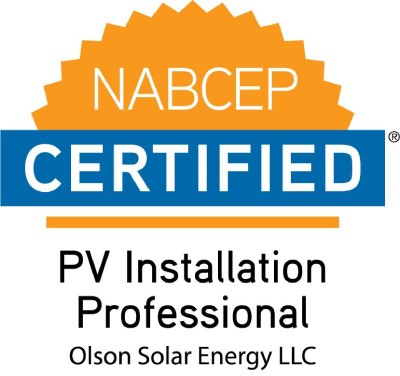
1. What are the financial benefits of solar energy?
When you install a solar energy system on your property, you save money on your electricity bills and protect yourself against rising electricity rates in the future. How much you can save depends on the utility rates and solar policies in your area, but going solar is a smart investment regardless of where you live.
2. What are the environmental benefits of solar energy?
Solar power, like other renewable energy resources, has many environmental and health benefits. Going solar reduces greenhouse gas emissions, which contribute to climate change, and also results in fewer air pollutants like sulfur dioxide and particulate matter, which can cause health problems.
3. How do I find out how much I pay for electricity?
The easiest way to find out how much you pay for electricity (and how much electricity you use per month) is to take a look at your utility electricity bill. Review EnergySage"™s guide to reading your electricity bill to find out exactly what to look for.
4. What is net metering?
Net metering is the system that utilities use to credit solar energy system owners for
the electricity produced by their solar panels. With net metering, you only pay for the electricity that you use beyond what your solar panels can generate. Net metering policies differ from state to state - from Massachusetts to California - so make sure to do your homework ahead of time.
5. How does solar impact my property values?
Studies have shown that homes with solar energy systems sell for more than homes without them. However, your property value will only increase if you own, rather than lease, your solar panel system. In most parts of the country, going solar will actually increase your property value more than a kitchen renovation.

1. How do solar photovoltaic (PV) panels work?
Solar panels absorb the sun’s energy throughout the day and convert it into direct current (DC) electricity. Most homes and businesses run on alternating current (AC) electricity, so the DC electricity is then passed through an inverter to convert it to usable AC electricity. At that point, you either use the electricity in your house or send it back to the electric grid.
2. Do my solar panels produce power when the sun isn"™t shining?
The amount of power your solar energy system can generate is dependent on sunlight. As a result, your solar panels will produce slightly less energy when the weather is cloudy, and no energy at night. However, because of high electricity costs and financial incentives, solar is a smart decision even if you live in a cloudy city.
3. What happens if there is snow on solar panels?
Solar panels convert sunshine into power, so if your panels are covered in snow they can"™t produce electricity. Snow generally isn"™t heavy enough to cause structural issues with your panels, and since most panels are tilted at an angle the snow will slide off. If snow does accumulate, your panels are easy to clean.
4. Can I go off grid with solar panels?
When you install solar panels on your property, you will still be connected to the grid. This allows you to draw from the grid when your system is not producing all of the power that you need, and send power back to the grid when you produce more than you use. It is possible to go off the grid with a solar energy system that includes battery storage, but it will cost significantly more and is unnecessary for the majority of homeowners.
5. Will I still receive an electric bill if I have solar panels?
Unless your solar energy system includes battery storage and you are fully off the grid, you will still receive a bill from your utility. However, you can dramatically reduce your bill, or even cut the amount you owe to $0, with a solar panel system that matches your energy use.
6. Do solar panels work in a blackout?
If your solar panel system is connected to the grid, it will shut off in the event of a blackout. This is to prevent emergency responders and electricity utility repair-people from being injured by your panels sending power back to the grid. However, there are certain inverters you can buy that provide backup power in a blackout when paired with a battery.
7. How much will solar panel maintenance cost?
Solar panel systems are made of durable tempered glass and require little to no maintenance for the 25 to 35 years that they will generate power. In most cases, you don"™t even need to clean your solar panels regularly. If something does happen, most equipment manufacturers include warranties, although warranty terms depend on the company.













